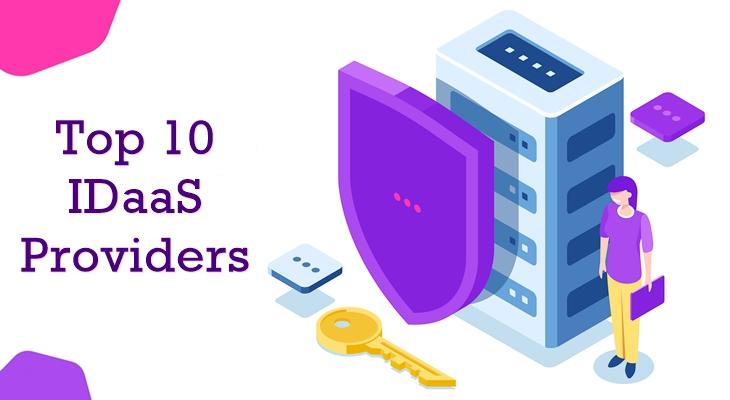We have come across the terminology called the next-generation firewall, some of us aren’t clear about it as this technology is relatively new, what does it add to the traditional firewall and why it is necessary.
NGFW is an upgrade to the traditional firewall and we will be discussing the primary advantages of the new generation firewall in this blog.
In simple words, a Next-Generation Firewall (NGFW) can be described as the firewall which adds protective layers such as application-level inspection, advanced level of the intrusion protection system, and also adds intelligence to the boundaries of a traditional firewall along with the standard port/protocol protection.
Advantages of Next-Generation Firewall
Application-level security functions such as IDS and IPS
An NGFW has added the level of application security functions such as intrusion detection systems aka IDS, and intrusion prevention systems aka IPS.
These applications help you to improve packet-content filtering. These features can also identify, analyse and act against irregular deviations from the standard set of activities, threat signatures and intelligent attacks based on user behavior.
Single Console Access
A new generation firewall can be easily accessed from a single console, unlike the case of the traditional firewall where you need to set up and individually configure the firewall manually.
Multi-Layered Protection
A traditional firewall can block access through ports (single layer protection), which proves insignificant in the complex and evolving landscape of data architecture.
NGFW offers multi-layered protection by inspecting traffic from layer 2 to layer 7 and at the same time understanding the exact nature of data transfer.
So if the data transfer is within the limits of defined firewall policy, will be transferred else it will be blocked.
Simplified Infrastructure
You need to have a separate security appliance for every new threat. But, with the new generation firewall, you can easily manage and update the security protocols from a single authorized device.
This simplifies the complicated security infrastructure and saves time on day-to-day operational activities.
Optimal Use of Network Speed
In the case of the traditional firewall, the network speed decreases as the number of security protocols and devices increases.
This happens because the dedicated network speed does not reach its expected potential with the increase in security devices and services.
But, with the next-generation firewall, you can constantly achieve the potential throughput irrespective of the number of devices and security protocols.
Antivirus, Ransomware and Spam Protection & Endpoint Security
An NGFW comes with a complete package of antivirus, ransomware & spam protection along with endpoint security to protect your business data.
With the help of these features, you don’t necessarily need separate tools for those purposes.
Since NGFW comprises all these features, you do not only save the time and effort required, but it also helps you to monitor and control the cyber threats easily.
Capability to Implement Role-based Access
New generation firewalls have an inherent ability to detect user identity. It can also work with different user roles and limit the scope of access for an individual and/or group.
This feature helps the organizations to set role-based access to certain portions of their data and its content.
Organizations can also make some of their data public and keep the rest of the confidential data with themselves.
Key Takeaways:
An NGFW does not only cover all the traditional firewall features but is also more than capable of tackling the modern-day cyber threats with conviction too.
With the number of features that an NGFW provides, it is undoubtedly becoming a useful technology in cybersecurity.
You May Also Like to Read:





